https://www.fizzicseducation.com.au/wp-content/uploads/2022/12/Liquid-nitrogen-cloud-1920-x-200px-dark-blue-wash.jpg
Telescope Evening
Investigate the cosmos with a night under the stars
Your students become astronomers with this evening telescope workshop!
Students will discover:
- How to find the south celestial pole
- Constellations of the zodiac and how to identify them
- The Milky Way and Magellanic clouds
- Planetary orbits and ring features
- Surface features of the moon
- Learn about the dynamic nature of astronomy
Working in pairs or threes, students use one of 7 telescopes to observe the night sky as well as have the opportunity to use a motor-driven telescope with GPS capabilities.

Australian ACARA Content Outcomes:
Science
Earth’s rotation on its axis causes regular changes, including night and day (ACSSU048).
The Earth is part of a system of planets orbiting around a star (the sun) (ACSSU078).
Forces can be exerted by one object on another through direct contact or from a distance (ACSSU076).
Australian National Curriculum Mapping for all our science workshops & shows
Hambledon Road Public School, Quakers Hill
-
Feedback on:
-
Astronomy night
Workshop structure
Average workshop size – 21 students
- We have 7 telescopes to work with during the workshop.
- The length of the session normally runs for 1 hour.
- The workshop is best run with students working in groups of three, with students taking turns on the telescopes.
This engaging workshop is best offered in conjunction with a school camp, usually in conjunction with our Stars & Planets workshop however, we can run this as a standalone workshop if needed.
Have more than 21 students?
If you have more than 21 students attending (eg. a school camp) we can cycle the students through as needed.
Another option is to pair the telescope evening with our free space science experiments, whereby teachers & parents could run rotating stations of activities whilst the students wait for their turn on the telescopes.
Does this need to be run at night?
Not always. Moonrise can happen throughout the day and in the past we have run this program during the day, whereby students learn about the telescopes, why the Moon is up and more. There is then the option of bird watching or even a scavenger hunt for things that we hide around the grounds.
What if this workshop runs at night?
If the program is run at night, we can look at constellations and discuss about our place in space. Time will be spent orienting the students to the Zodiac and to the south celestial pole.
- Lunar cycles will affect your evening. Check that your night will have close to a full moon and that it ‘rises’ early.
- Urban light pollution and clouds can affect viewing quality on the night.
- Students should bring mosquito repellent, long pants and covered shoes as well as a torch with red cellophane covering the light (to preserve night vision).
- Students need to be realistic as to what they will see, i.e the beautiful images you see in books are produced by multi-million dollar telescopes!
What time should I run this?
Appropriate for Years 3 and up with a maximum of 21 students per class
Access to 1 electrical power socket would be handy
Duration is variable and organised with our office, set up time 45 minutes and pack up time 45 minutes
Parents should be encouraged to help supervise where possible
This experience is best in winter and is usually run as part of an overnight science camp
Before booking, check this Moonrise calculator to see the time at which the moon will be above the horizon (this is essential as much of the workshop focuses on the Moon)
During Social Distancing – Contact us
and we’ll tailor a program to suit both your school and the State’s social distancing requirements. Further details here
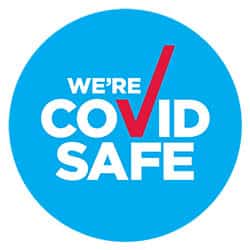
Go further – Complete Units of Work to support your teaching!
Hours of High-Quality videos, printable experiments, quizzes, vocabulary lists,
Scope & sequences, cross-curricular teaching ideas, marking rubrics & more
Save time & engage students in STEM
Find out more!
Did you know about our larger stage shows?
Designed to engage groups of up to 240 students, pair this workshop with one of these school favourites!
Big Science Big Fun
tick tick BOOM!
Destination Moon
Food Science Show
Deep Blue Oceans
STEM Full Day Accelerator - Primary
Create a Full Day STEM Accelerator or join us for a rapid science upskill! For schools outside of metropolitan areas please contact us to discuss how this science workshop can be run online or visit your school as part of a regional visit.
Click below to know more!
Read More
Scientist Q & A
Often students attend our science workshops and shows with questions that stem beyond the covered topic area. Ask a scientist aims to give students a chance to get their questions answered! Run as a 30-minute session at a cost of $70 inc. GST.
Read More
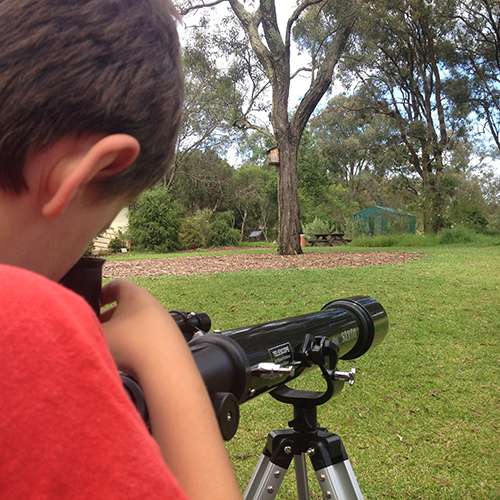
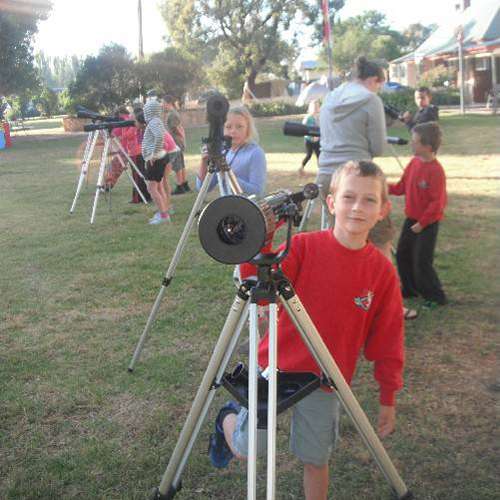














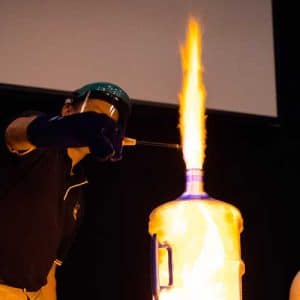
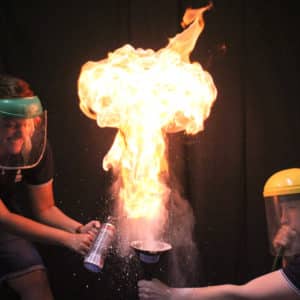
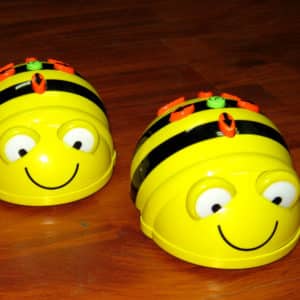




I just wanted to pass on how much the staff and students really enjoyed it and how perfect it was to launch our science week activities. The students were enthralled, educated and entertained – a perfect trifecta!
-Caulfield Grammar School – Big Science Big FunThanks so much for presenting at our school on Monday. Our students enjoyed the show.
-Greenvale Primary School – Big Science Big FunFizzics Education curated a thoughtful and hands-on experience for the children, incorporating practical, skill-based learning activities and followed by a science presentation at the end of the event involving liquid nitrogen. This was delivered safely and effectively, capturing both the children and the parents for the duration of the presentation.
-Macquarie Bank – Family Fun DayFizzics Education ran a show today at our school and it was wonderful. He was a great facilitator and the show was age appropriate and well done.
-Mount Zion Early learning centre – Little Science Big FunI just wanted to pass on how much the staff and students really enjoyed it and how perfect it was to launch our science week activities. The students were enthralled, educated and entertained – a perfect trifecta!
-Caulfield Grammar School – Big Science Big FunThanks so much for presenting at our school on Monday. Our students enjoyed the show.
-Greenvale Primary School – Big Science Big FunFizzics Education curated a thoughtful and hands-on experience for the children, incorporating practical, skill-based learning activities and followed by a science presentation at the end of the event involving liquid nitrogen. This was delivered safely and effectively, capturing both the children and the parents for the duration of the presentation.
-Macquarie Bank – Family Fun DayFizzics Education ran a show today at our school and it was wonderful. He was a great facilitator and the show was age appropriate and well done.
-Mount Zion Early learning centre – Little Science Big Fun